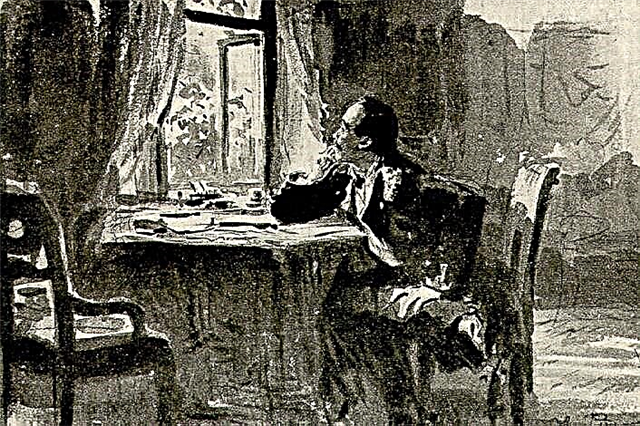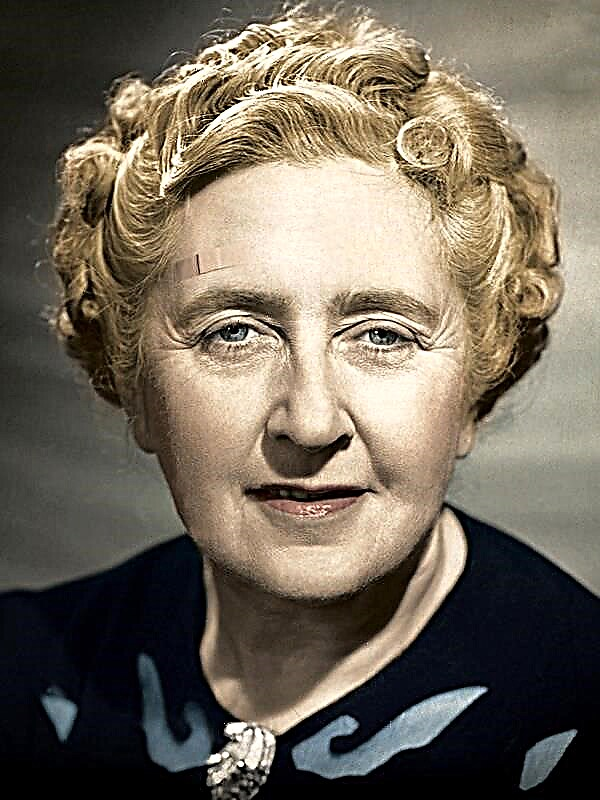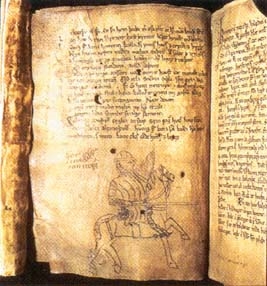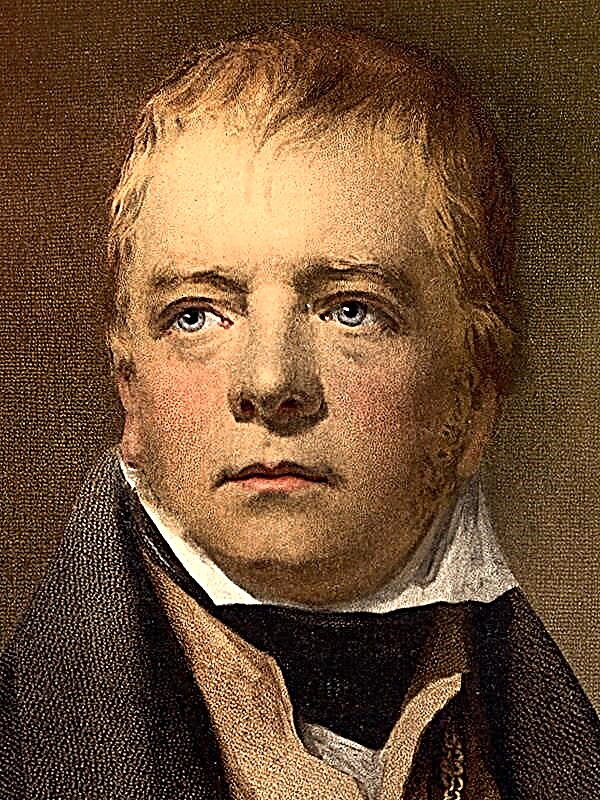(497 words) In the novel by L.N. Tolstoy "War and Peace" we are shown a lot of characters. All of them are multifaceted, most of them make mistakes, but, nevertheless, they correct them throughout their life's journey. Most often, this path is taken not only by individual characters, but also by the family as a whole. However, in any work there are antagonists who in every possible way prevent other heroes from arriving at something good and bright. And since the author was always not indifferent to the theme of the family in his works, then in the novel “War and Peace” we meet a whole family of negative characters.
The princely Kuragin family is described in the novel as ancient and influential. The eldest, from the living Kuragin - Prince Vasily, was even familiar with the empress. However, Tolstoy shows that a proud name and influence do not always go hand in hand with good manners and a noble soul. The whole family is an excellent indicator of how mean and low people of the upper world can be, how skillfully they can change their masks and deceive people.
This is especially pronounced in Helen Kuragina. Outwardly, she is very beautiful, and this is directly stated in the novel: “What a beauty! - said everyone who saw her. " However, behind the beauty, the girl skillfully hides mercantility and meanness. In addition, it cannot be said that she is stupid, because all her actions are rational and logical. She seeks the benefits that she subsequently receives - in the person of Pierre Bezukhov. The heroine marries by calculation and for a long time put up with the fact that Pierre is not at all her type. At the same time, she continues to masterfully lie: she creates an image of a tactful woman with fine manners around her and manages to change her husband. Pierre, in turn, by virtue of kindness and naivety, does not believe anyone except her, until the girl herself makes attempts to divorce, with the help of leaving for Catholicism. Such a small detail again shows us that Helen has nothing sacred to her soul, because in order to achieve her new goal, she is even ready to renounce her faith, having replaced it with another. The author probably doesn’t just tell us about this, because it is known that Tolstoy himself was a devout person and understood that in any religion, changing the faith is a great sin. Apparently, Helen was not afraid of anything but unfulfilled dreams for which she could do anything.
Her brothers, Anatole and Hippolytus, are also not people with a pure soul. And if Hippolytus is not described by a great mind as a snob: “the face was fogged by idiocy and invariably expressed a self-confident obtrusiveness.”, Then Anatole looms as the embodiment of meanness. He is the one who destroyed the happiness of Natasha Rostova and Andrei Bolkonsky. At the same time, he does this not out of ignorance, but on purpose, which characterizes him as a dishonorable person who, for the sake of his goal, will do everything, as well as his sister.
Nevertheless, Lev Nikolaevich, using the example of the Kuragins family, shows the reader the most important thing - you cannot become happy if you destroy other people's lives for yourself. None of the younger Kuragins at the end of the novel have a family in which Tolstoy saw the main happiness, in addition, Helen is dead, Anatol’s fate is not known at all after his meeting with Andrei Bolkonsky in the hospital. Each Kuragin in his last scene is shown as a deeply unhappy person.

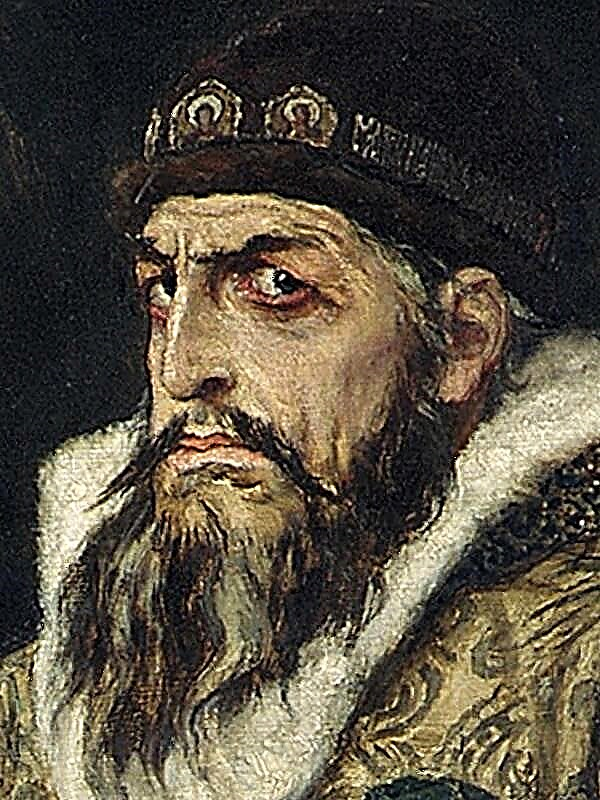
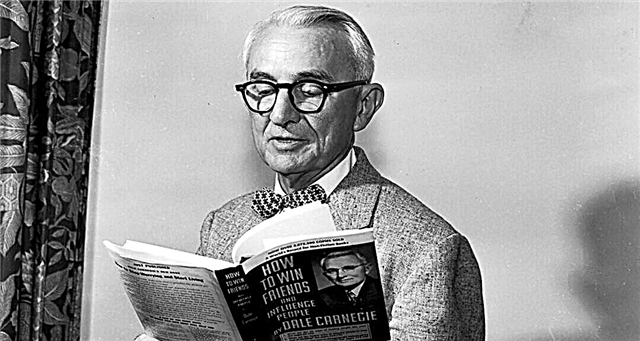 How to make friends
How to make friends


